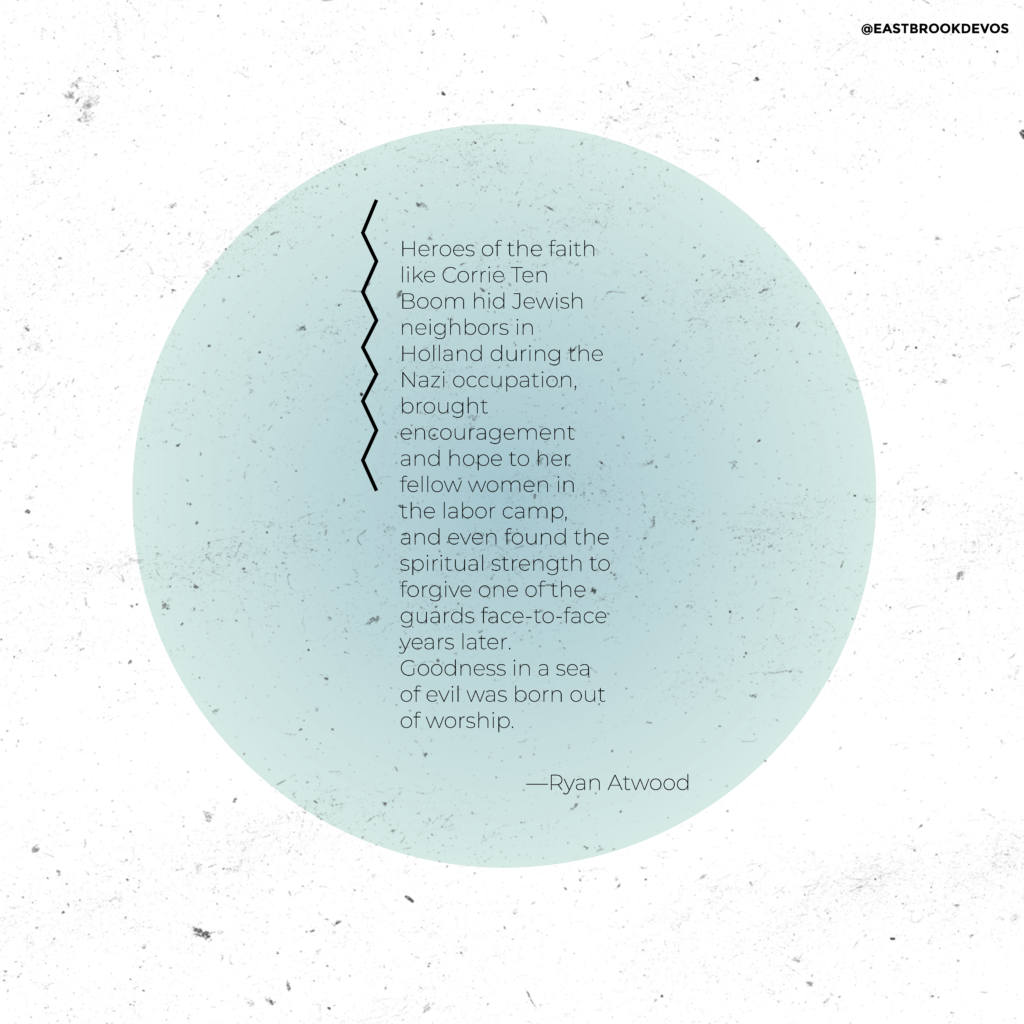The Pharisees’ question to Jesus was entirely malicious. In their minds, there were only two possible answers: he would either have to condone supporting a corrupt, defiled institution and all of its abominable practices, or condone picking and choosing when to support the government that maintained order and peace in the region. But instead, our Lord in His divine wisdom provided the simple, yet powerful answer: “Give to Caesar what belongs to Caesar and give to God what belongs to God.”
If you are like me, you may have glossed over this in the past simply concluding, “Cool. Thank you, God, for clarifying that I still ought to pay taxes even though the American government funds fill-in-the-blank.” That is indeed helpful. However, don’t you wonder why the Pharisees marveled at His response? It probably wasn’t because they had never thought about paying Roman taxes before. Rather, I think they marvel at His response because it is on a completely different plane of thought from their own and that it immediately gives a safe answer that also swiftly convicts the Pharisees.
When we see things the way God sees them, we no longer “think as men think.” Instead, we begin to “have in mind the things of God” (see Matthew 16:23). What do we see of the heart of God in Jesus’ response? I think we see so much more than getting an ethical question correct. We understand that the Lord fiercely wants us all to give Him the things that belong to Him. The Pharisees were certainly not doing this at all. His response is so marvelous because He exposes them not giving God what belongs to God.
What then “belongs to God?” Romans 12:1 helps us understand: “Therefore, I urge you, brothers and sisters, in view of God’s mercy, to offer your bodies as a living sacrifice, holy and pleasing to God—this is your true and proper worship.”
Heroes of the faith like Corrie Ten Boom hid Jewish neighbors in Holland during the Nazi occupation, brought encouragement and hope to her fellow women in the labor camp, and even found the spiritual strength to forgive one of the guards face-to-face years later. Her pure desire to worship God as a living sacrifice, come what may, is giving to God what belongs to God. Goodness in a sea of evil was born out of worship. Can you see why Jesus would be so frustrated with the Pharisees’ question?
For reflection:
Where in your life would you say it is sometimes hard to give to God what truly should be His?
by Ryan Atwood
Recommended Posts

The Beginning of the End
April 17, 2022

A Holy Day (Holy Saturday)
April 16, 2022

The Cup of Suffering (Good Friday)
April 15, 2022



